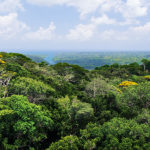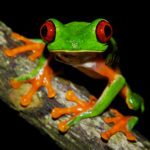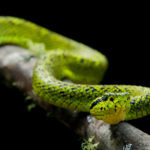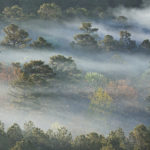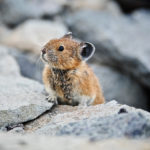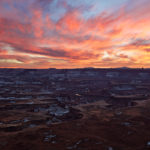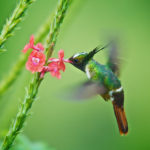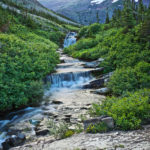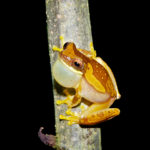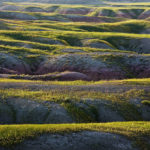Collin Whitsett Biography
-
Collin has been fascinated by reptiles and amphibians since childhood. He believes this fascination stems from a combination of watching a few too many episodes of The Crocodile Hunter and spending hundreds of hours searching for snakes, frogs, and salamanders in a small creek drainage behind his childhood home in Raleigh, North Carolina. Collin’s fascination with “herps” eventually led him to volunteer as a junior curator at the North Carolina Museum of Natural Sciences and to keep a few pet snakes of his own, which, in addition to expanding his fascinations with amphibian and reptile behavior and evolutionary biology, served as the impetus for Collin to embrace photography—another major passion that Collin has been able to indulge throughout a variety of travels over the past two years.
Collin’s academic appreciation for these vertebrates and the preservation of the systems that sustain them began in college. As a student, Collin had several opportunities to travel. He spent the spring of his sophomore year at a field station located in the Talamanca Mountains of Costa Rica where he got to experience the most amazing amphibian and reptile surveys of his life, and he spent three summers either taking field courses or conducting independent research in Florida, Washington, and/or Michigan. The most influential course Collin took was one titled “Molecular Tools for the Field Ecologist.” Since then, Collin has been interested in molecular systematics, conservation genetics, evolutionary biology, and all the ways DNA can be used to inform us about how the amazing biodiversity of this planet came to be.
Upon graduating in 2012, Collin has sought to acquire experiences in the field, in the lab, and in environmental education and outreach. To each of these ends, Collin has spent time either as an intern or staff member for the Smithsonian Tropical Research Institute, the USDA’s Agriculture Research Service, and Parks in Focus, a branch of the Udall Foundation devoted to connecting underprivileged youth to nature through Photography. Currently, Collin assists the Siler lab with scientific illustration and the design of educational outreach materials, but he plans to get more involved with independent research in the near future before applying for graduate programs in integrative studies of amphibian and reptile diversity.
Make sure to check out Collin’s amazing photographs!
http://cwnaturephotography.wordpress.com
- Photograph by Collin Whitsett
- Photograph by Collin Whitsett
- Photograph by Collin Whitsett
- Photograph by Collin Whitsett
- Photograph by Collin Whitsett
- Photograph by Collin Whitsett
- Photograph by Collin Whitsett
- Photograph by Collin Whitsett
- Photograph by Collin Whitsett
- Photograph by Collin Whitsett

